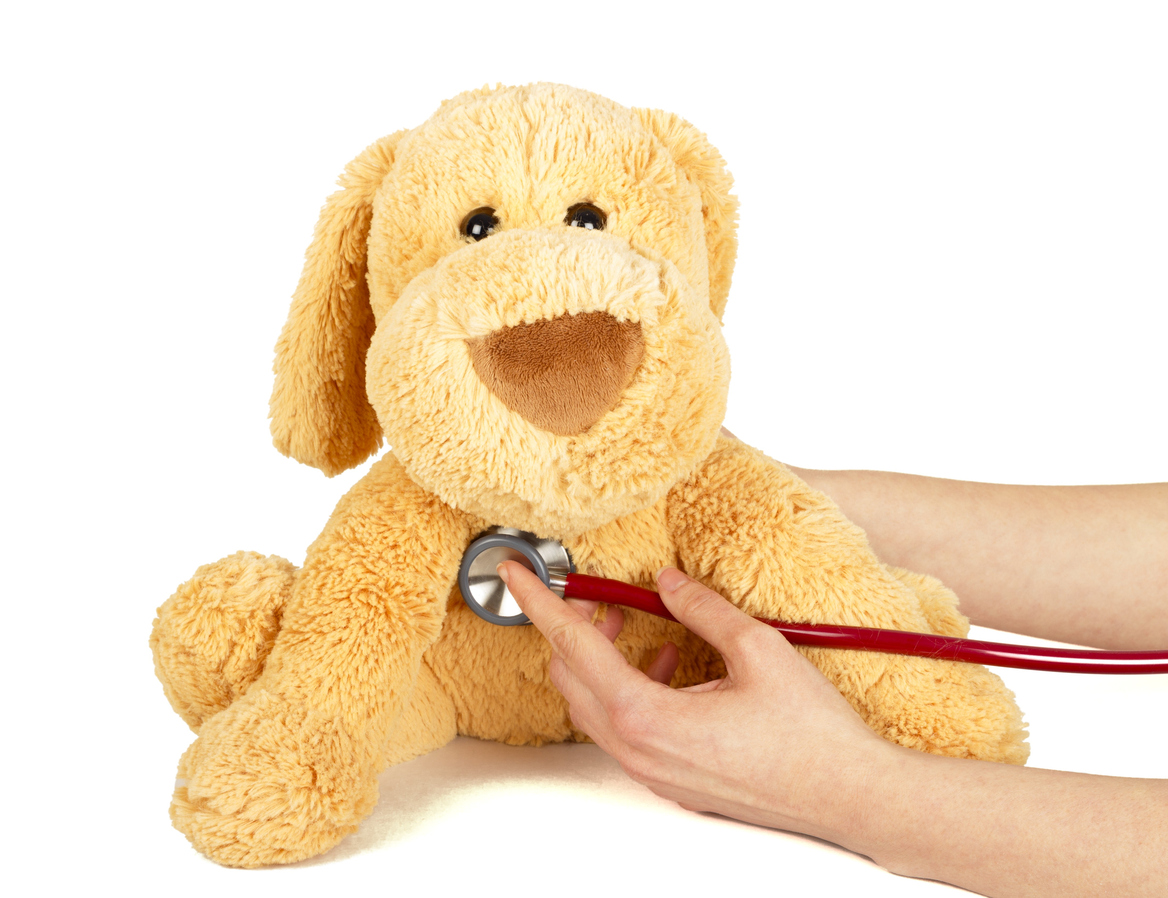Pediatric Pulmonary care is a sub-specialty of medicine which is focused on a young person’s respiratory system from birth to 21 years of age. This includes diagnosis and treatment of the lungs, bronchi, and upper airways. A Pediatric Pulmonologist specializes in the more complex and difficult cases of respiratory illnesses, allowing more common respiratory problems to be handled by a general Pediatrician.
For the past 15 years, Dr. Shukla has been a leading provider of Pediatric Pulmonology in New York.
Specialized Care for Children and Teens
Children and teens are not just small adults. They have unique medical needs while their bodies are growing. In addition, they cannot always answer medical questions with the same specificity adults do because they have different ways of communicating.
Pediatric Pulmonologists know how to treat children and teens in an effective and caring manner. Most of their offices are even arranged and decorated with children in mind.
Conditions Commonly Treated by a Pediatric Pulmonologist
The respiratory system is split into two halves, each with its own unique conditions and symptoms. Conditions commonly seen in a Pediatric Pulmonology office include:
- Chronic Coughing
- Asthma
- Lung Disease
- Pneumonia
- Cystic Fibrosis
- Difficulty or raspy breathing
- Sore Throat
- Wheezing
- Respiratory Infections
- Structural Disorders
Training Undergone by Pediatric Pulmonologists
Pediatric Pulmonologists must be certified by the American Board of Pediatrics in both Pediatrics and Pulmonology. They are medical doctors who have had at least four years of medical school and at least three years of residency training in pediatrics.
Subspecialists in pediatric pulmonology medicine may earn certification in their field after 3 additional years of training, which includes the following requirements:
- 50 percent of clinical training in ambulatory care
- Minimum of 5 months in-patient pediatrics
- Minimum of 4 months in emergent and acute illness care
- 1 month in newborn care
- 4-6 months in intensive care experience
- Experience in adolescent medicine must be integrated throughout the 3 years
- 3 months in pulmonary medicine
- Throughout the 3 years, time must be devoted to continuous care of children
Where Pediatric Pulmonologists are Found
Pediatric Pulmonologists practice in children’s hospitals, university medical centers, and community hospitals, to name a few places. Your pediatrician may refer your child to a Pediatric Pulmonologist for special help with respiratory issues.
For pediatric pulmonology in New York, you can trust Dr. Shukla.
Childhood Asthma Expert FAQs:
Q: Why is the Incidence of Childhood Asthma Going up?
A: A big problem is the Western lifestyle. Children who eat lots of oily fish, fruits, and vegetables have less problems with asthma. Children do not get the same benefits that adults do from supplements, so eating fresh, whole foods is especially important for them.
Another interesting issue is that as parents, we could be overprotecting our children from viruses and bacteria. Early-age exposure to viruses and bacteria can be beneficial to building a healthy immune system, and without it, our children become more susceptible to developing chronic conditions like asthma.
Q: What Symptoms Should Parents be Aware of?
A: A lot of people know to look out for wheezing, but the truth is sometimes children do not even move enough air to wheeze, and that could be more worrisome. “Very hard or fast breathing, sucking in the stomach or ribs in order to breathe, or breathing so hard that walking or speaking is impossible signals a medical emergency. Call 911.”
Q: What is an Asthma Action Plan?
A: When you meet with your Pediatric Pulmonologist, you will create an Asthma Action Plan that outlines the medical, and lifestyle, routines your child needs to follow.
- Your child should be part of the planning. They are more likely to comply if they have a hand in the writing process, plus involvement eases anxiety.
- You will then use the plan to explain asthma management to your child’s caregivers and teachers.
- If the plan isn’t working well for you and your child, talk to your doctor immediately so you can adjust it as needed and still protect your child from asthma attacks.
Pediatric Pulmonology in New York
Every kid has the right to healthy, unobstructed breathing. Dr. Shukla has practiced Pediatric Pulmonology in New York for 15 years and can give your child or teen the best treatment available.
Dr. Shukla treats both adults and children but finds helping young people most rewarding. Contact the Asthma and Sleep Specialist of New York Today!

